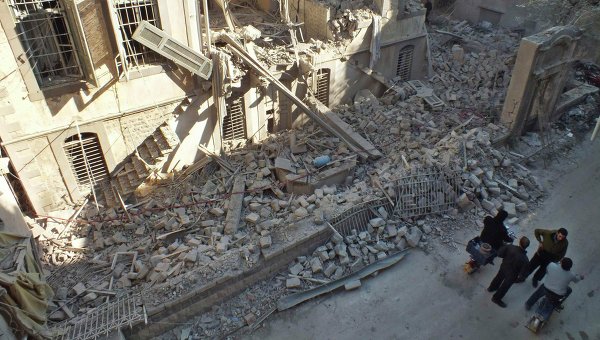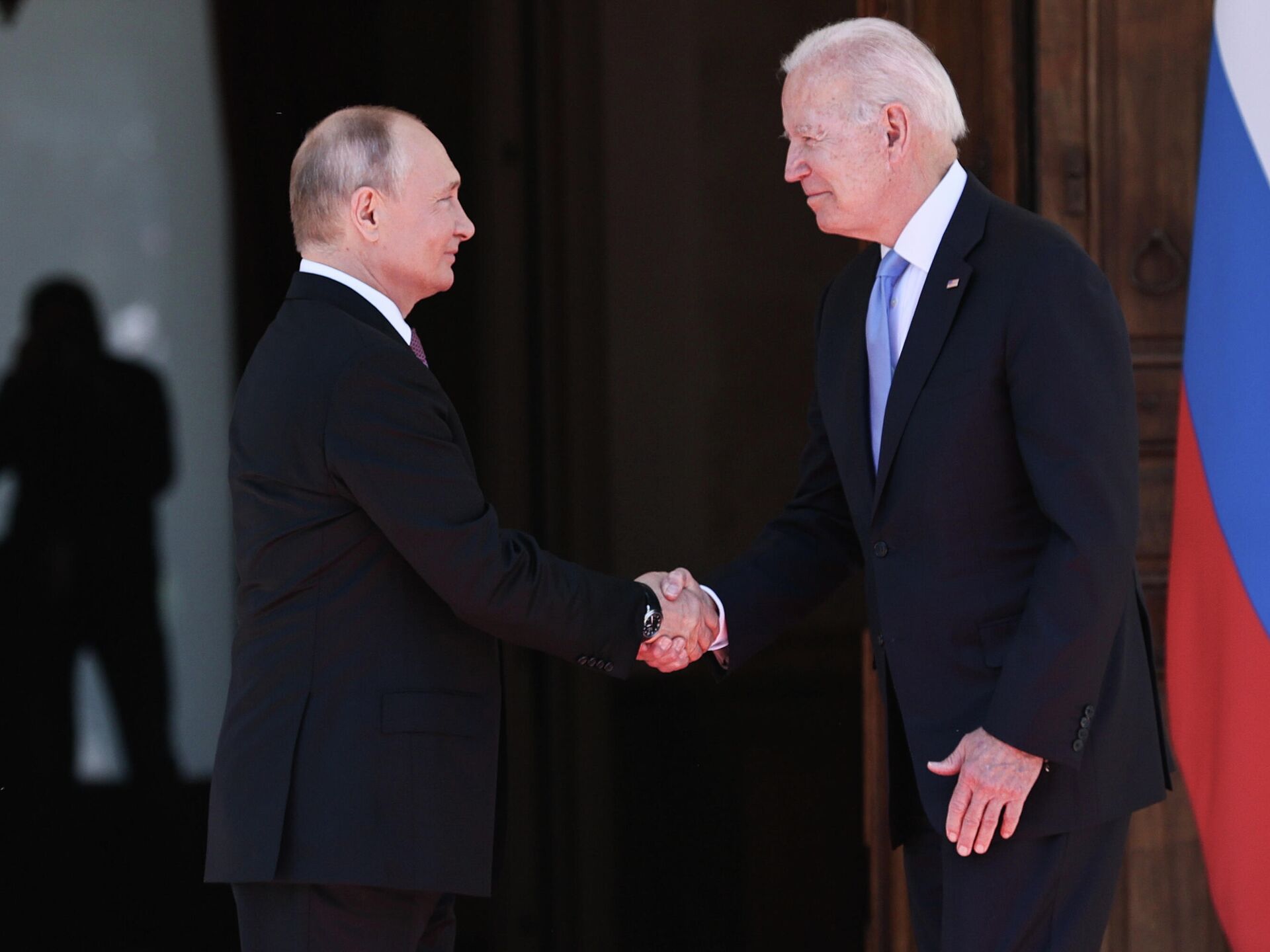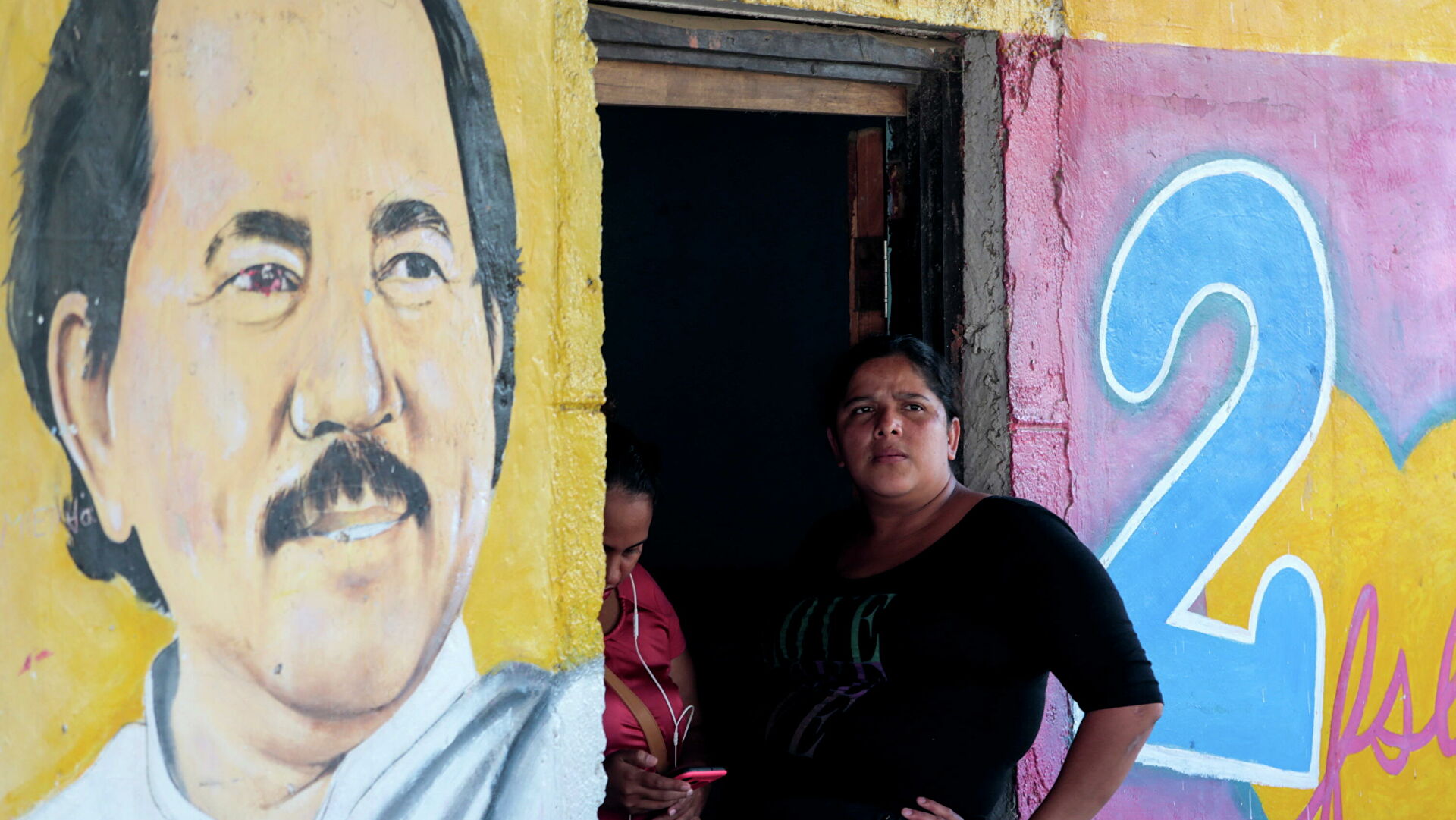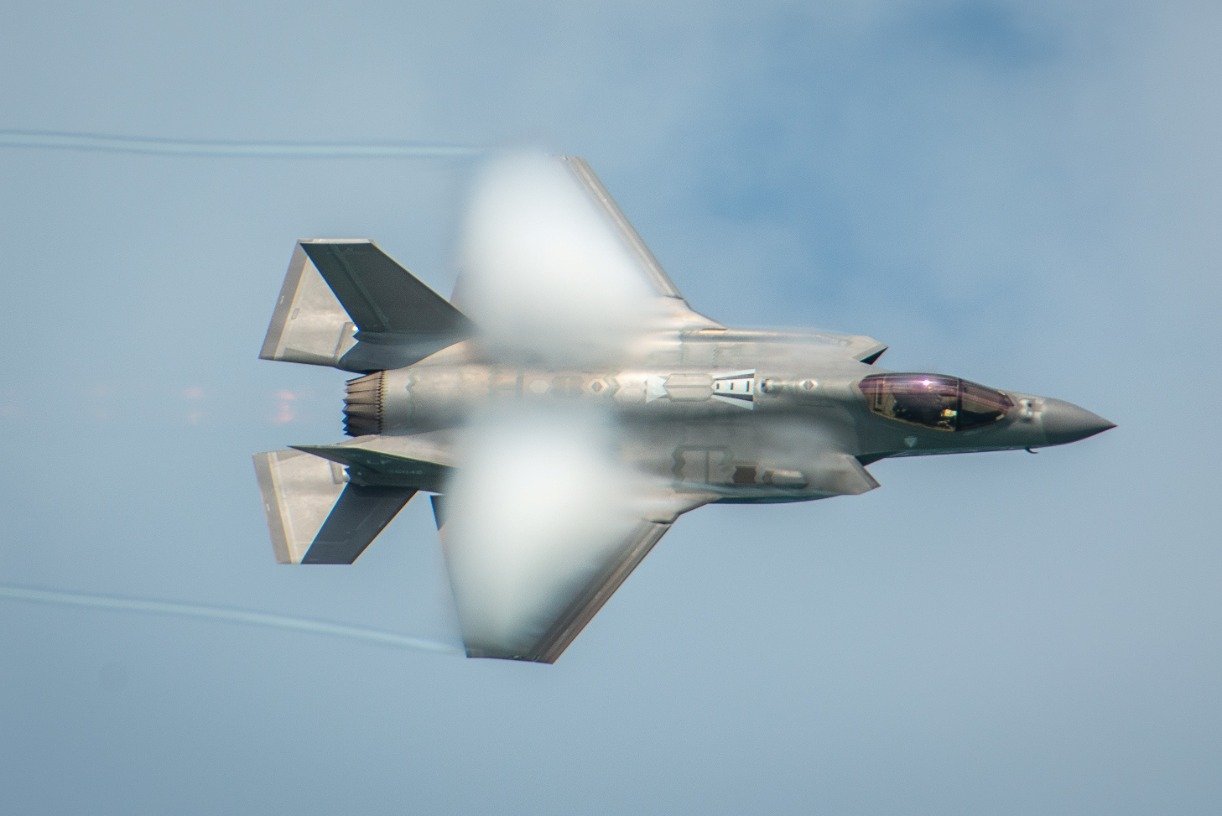
 Russia will not allow a repetition of the Libyan scenario in Syria, Russian Foreign Minister Sergei Lavrov said on Sunday.
Russia will not allow a repetition of the Libyan scenario in Syria, Russian Foreign Minister Sergei Lavrov said on Sunday.
"We’ll not allow the Libyan experience to be reproduced in Syria. Unfortunately our Western partners have departed from the Geneva accords and are seeking the departure of [Syrian President] Bashar al-Assad,” Lavrov said, adding Russia was not clinging to any individual leaders in Syria.
Russia and China vetoed a Western-backed UN resolution on Syria on July 19 over fears that it would lead to foreign military intervention in the Middle East country.
The resolution was tied to Chapter 7 of the UN Charter, which would have provided for the use of force to put an end to the rapidly escalating conflict.
Russia says it has no special interest in seeing Assad remain in power, but that the "Syrian people” should decide his fate.
A number of Western countries have been trying to persuade Moscow to support a resolution effectively authorizing a military operation, but Russia has repeatedly insisted that the Western drive for a stronger crackdown on Syria is preparation for a "Libyan scenario.”
In Libya, rebels ousted and killed long-standing dictator Muammar Gaddafi in October 2011 after a months-long military standoff in which they received assistance from NATO forces. Russia did not use its veto power in the UN Security Council to block the intervention in Libya that was started under the pretext of protecting civilians there.
Lavrov also said Russia was not holding any talks on the fate of embattled Assad.
Meanwhile, Russian Security Council Secretary Nikolai Patrushev said the Syrian leadership had assured Russia there was no danger of the spread of chemical weapons in the Middle East country.
"The Syrian government is assuring us that it will not allow their spread [chemical weapons]. We hope that this will be so,” Patrushev said.
He was echoed by Lavrov, who said Russia is more concerned that the chemical weapons could fall into hands of Assad's opponents, whose ranks allegedly include al-Qaida affiliates. Official Damascus said on Saturday that the insurgents have taken control of a chemical factory in Aleppo, which could be used to manufacture chemical weapons, AFP reported.



_jpg/250px-ElbeDay1945_(NARA_ww2-121).jpg)









